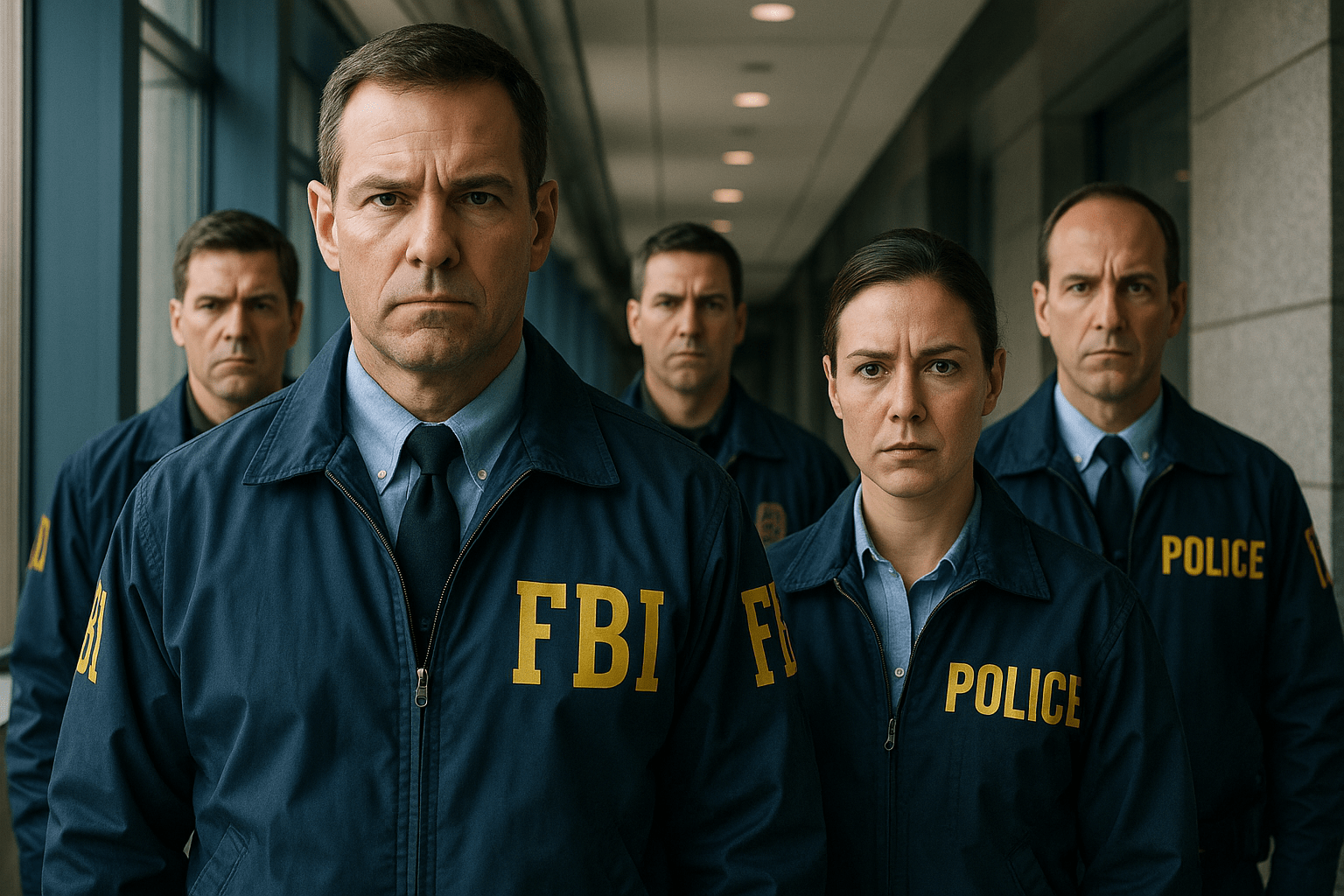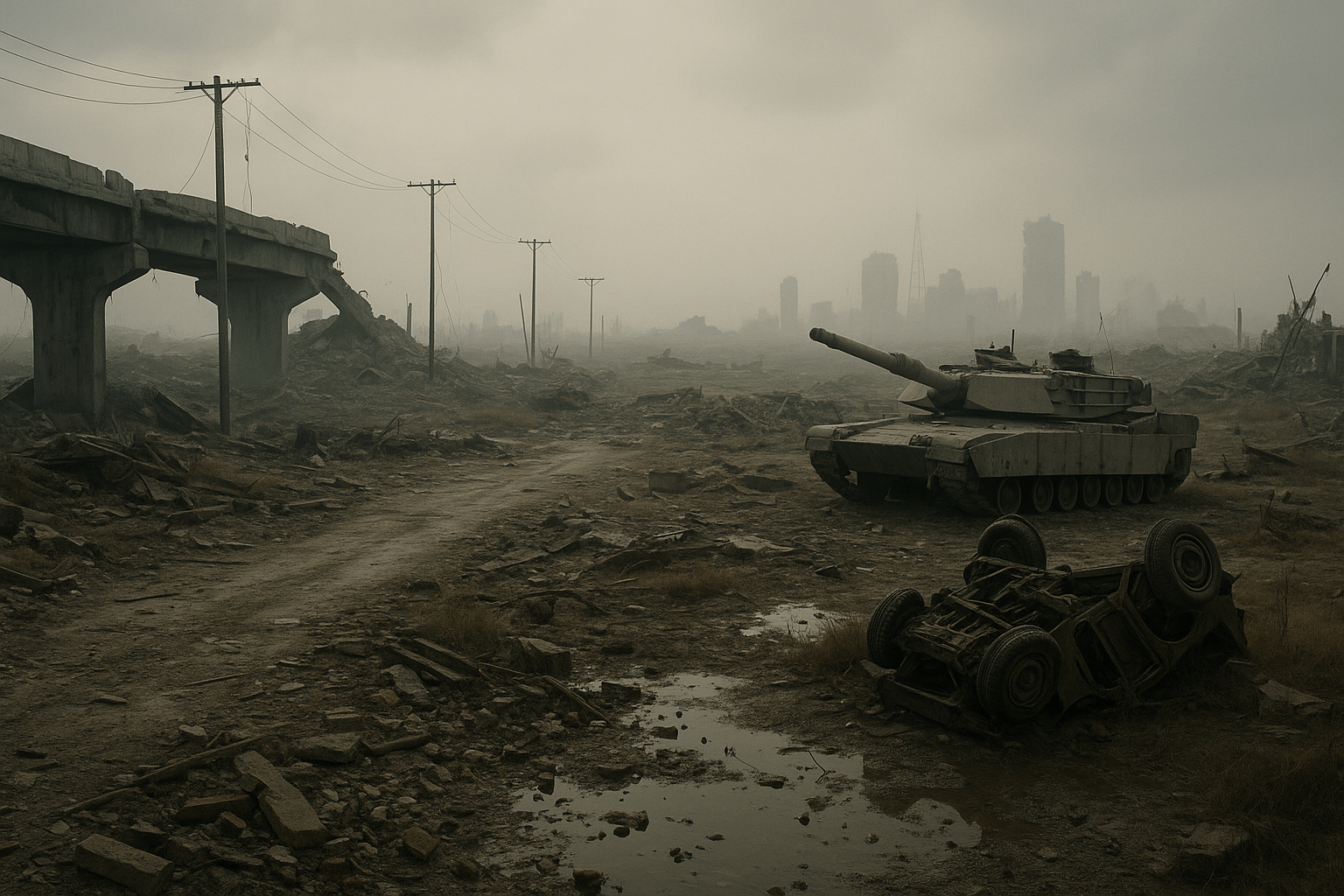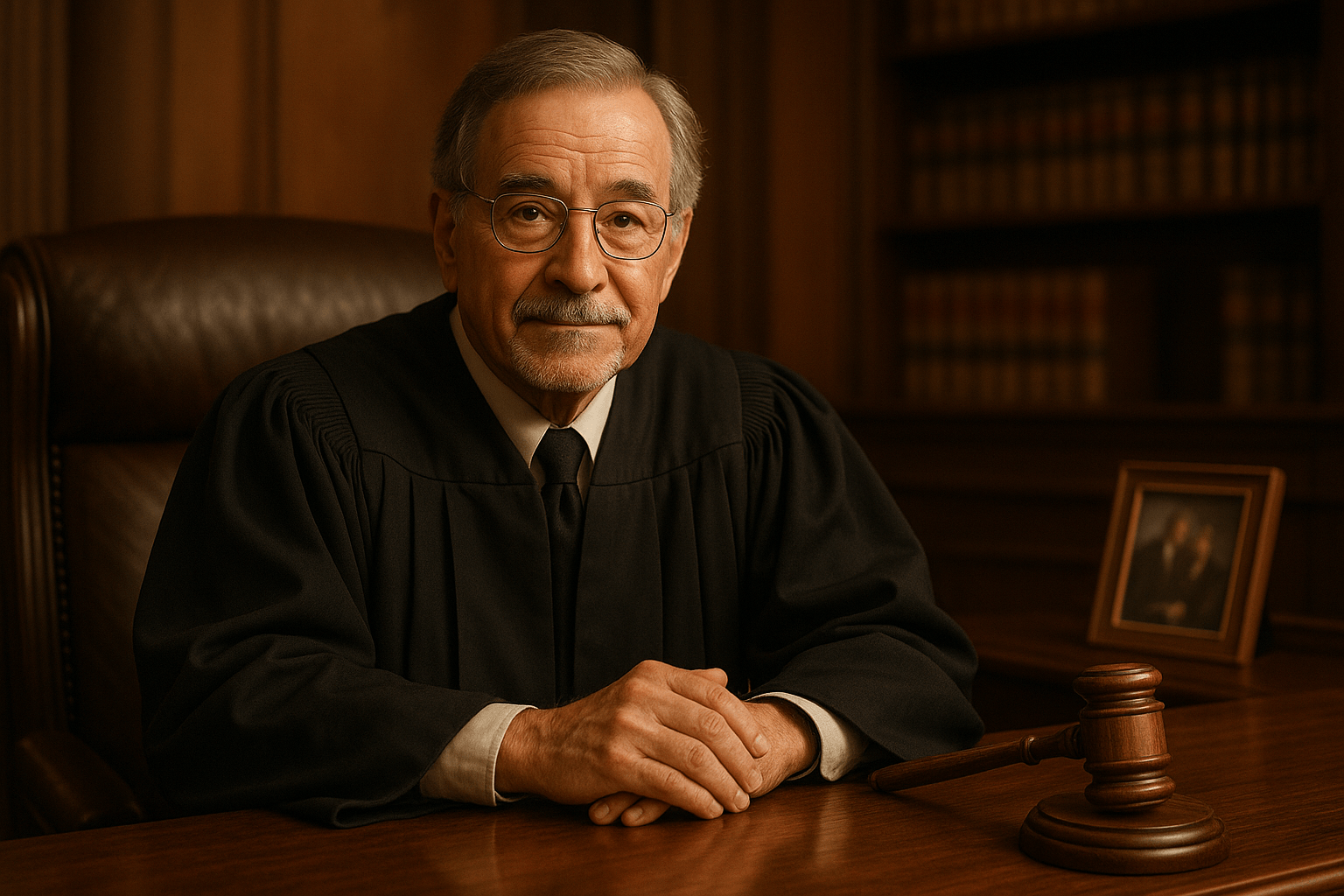Should Law Enforcement, Including Federal Agents, Be Allowed to Wear Masks? Exploring the Debate
The role of law enforcement officers, especially federal agents, is often under scrutiny. In recent news, a proposed ban on masked law enforcement has sparked widespread discussion across the country. This debate involves not just legalities but deep questions about transparency, safety, and public trust. In this blog post, we break down the key issues and provide helpful background information so you can better understand what is at stake.
Why Do Law Enforcement Officers Wear Masks?
Law enforcement officers, especially those involved in tactical operations, protests, or undercover work, have traditionally worn masks for several reasons:
- Identity Protection: Officers may participate in sensitive investigations or operations where revealing their faces could compromise their safety or future effectiveness, or even endanger their families.
- Personal Safety: In volatile situations, like protests or raids, masks can protect against retaliation or targeting by criminal organizations.
- Operational Security: When dealing with violent offenders, narcotics, or gangs, anonymity becomes crucial to operational success.
- Health Concerns: During the COVID-19 pandemic, masks also served as protection against virus transmission.
The Push to Ban Masks for Law Enforcement
Recently, several lawmakers have moved to ban or restrict law enforcement officers from wearing masks in public-facing operations. Their main arguments are:
- Transparency: The public has a right to see and identify those enforcing laws. Masks may create an atmosphere of intimidation and secrecy.
- Accountability: Visible identification is seen as essential to holding officers accountable for their actions. Masks may obstruct this process, particularly if body cameras are covered or badge numbers are out of view.
- Building Public Trust: Trust between law enforcement and the communities they serve is pivotal. Concealing faces may foster suspicion and further strain these relationships.
For more about the legislative proposals and detailed local reactions, check out the original KTLA coverage here.
The Opposition: Why Some Say the Ban Goes Too Far
Law enforcement leaders and unions argue that a total ban could put officers at risk. Here are some reasons often cited:
- Officer Safety: Dismissing the use of masks altogether exposes officers, especially in organized crime or gang units, to potential retaliation both on- and off-duty.
- Chilling Effect on Operations: Some operations may become impossible if officers are easily identified. This could hamper efforts to investigate organized crime, terrorism, or corruption.
- Existing Accountability Measures: Agencies point to body-worn cameras and protocols that require officers to display badge numbers and other forms of identification.
In many other countries, masked law enforcement has been a political and ethical flashpoint, too. Federal officers in Portland wearing tactical gear and masks during 2020 protests ignited debate over visibility and identification of personnel.
What Do the Laws Say?
Currently, there is no nationwide ban on U.S. federal agents wearing masks during operations. Some states and cities have introduced laws requiring visible identification, but few outright prohibit the use of face coverings in all circumstances.
- The Department of Justice grants federal law enforcement broad latitude to protect their identities, especially for special agents and tactical teams (DOJ Witness Security Program).
- Local police policies vary. Some require officers to identify themselves unless in undercover roles, while others have more specific guidance for protests and public events. Learn more about police identification requirements here.
The Balance: Privacy vs. Transparency
Is there a middle ground? Many policy experts argue that the key is context:
- During sensitive operations, like anti-gang raids or witness protection work, masks may be necessary and justified.
- When policing public protests or routine patrols, requirements for visible identification (badge numbers, name tags, clear body cameras) might suffice for accountability without unnecessary risk to officers.
Some agencies are moving in this direction, issuing clear masks or using digital overlays to obscure facial features in high-risk situations while maintaining some accountability protocols.
What’s Next?
The debate over masks in law enforcement isn’t likely to disappear soon. Proposals to ban or restrict mask use have become part of broader conversations about police reform and civil liberties. As with many issues, there is no one-size-fits-all solution, but understanding the motivations and risks on both sides is a critical part of any meaningful reform.
If you want to read more about law enforcement reforms, see this deep dive from the Brookings Institution.
Let us know your thoughts: Do you feel more transparency is needed, or do you worry about the safety of unmasked officers? Leave your comments below!




